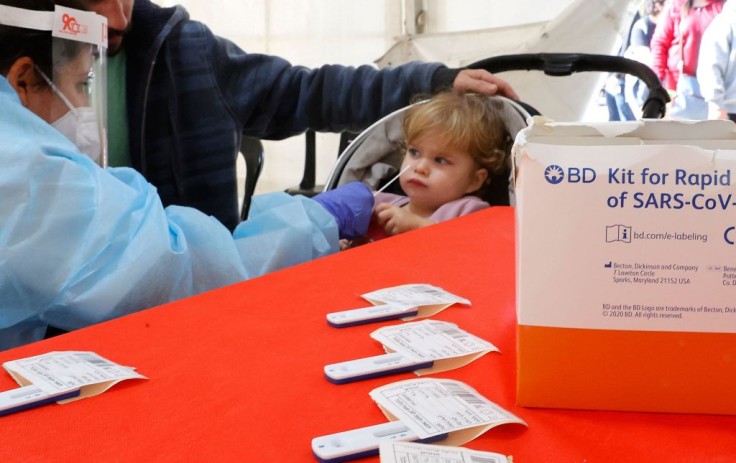
A new study from the U.S. Centers for Disease Control and Prevention (CDC) has learned that kids with COVID-19 are more likely to be diagnosed with type 1 or type 2 diabetes later.
In research of over 2.6 million children's healthcare records from HealthVerity and IQVIA, culled between March 2020 to June 2021, the experts noted that kids who have had the infection are 2.66 times more likely to develop diabetes within 30 days of recovery compared to those who never got COVID-19 at all.
According to the CDC, cases of type 1 diabetes among kids with COVID-19 in Europe have had an uptick during the pandemic. It comes as other experts also found that thousands of COVID-19 patients have increased blood sugar levels after contracting the virus in a smaller study among European children.
Why a Diabetes Risk?
The CDC took cues from European research and checked the health insurance records of American kids. They also learned that while both non-COVID and COVID-19 infected children are at risk for diabetes, as the pandemic forced a sedentary lifestyle, there has been an alarming increase of diabetes diagnoses among kids with the virus.
The experts said they are still finding the connection between diabetes and COVID-19 and predicted that this could be a complex study given that the virus may also cause long-COVID conditions. However, a possible connection could be linked to the virus attacking the pancreatic cells that regulate the body's insulin production.
Endocrinologist Dr. Michelle Cordoba said that it's also highly likely COVID-19 is causing the pancreases to overproduce antibodies that attack healthy tissues since it's building a defense against the virus.
"Type 1 diabetes being an autoimmune disease means that our own body mistakes our pancreas and starts making antibodies to attack our own tissue," she said.
Dr. Sharon Saydah, the study's lead author, said that they still don't know if diabetes will become a growing chronic condition in kids or if the health issues will disappear in due time. She also stressed the importance of vaccinating children amid the Omicron variant surge that, while mild, could still cause side effects for the long term.
Hospitalization Increasing in Kids Too Young for Vaccine
Meanwhile, the CDC also reported that hospitalization among children under five years old, too young to get the vaccine, is rising in the U.S.
CDC director Dr. Rochelle Walensky noted that the current rates of hospital admission in children had been the highest compared to other times during this pandemic.
The health agency cites California, Connecticut, Georgia, Oregon, and Tennessee as the states with the highest number of kids in the hospital for COVID. However, the severity of illness caused by the Omicron variant is lower than the other variants.
Pfizer said their vaccine studies for children under five have failed to produce the desired outcome. Hence, they have yet to file for emergency authorization use with the U.S. Food and Drug Administration.